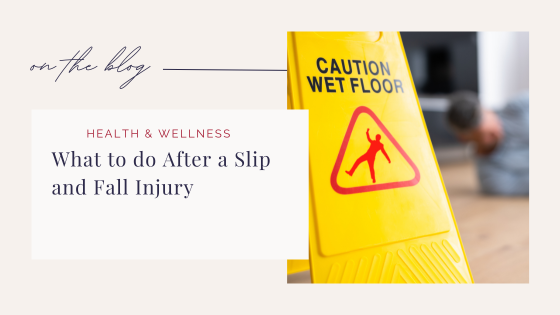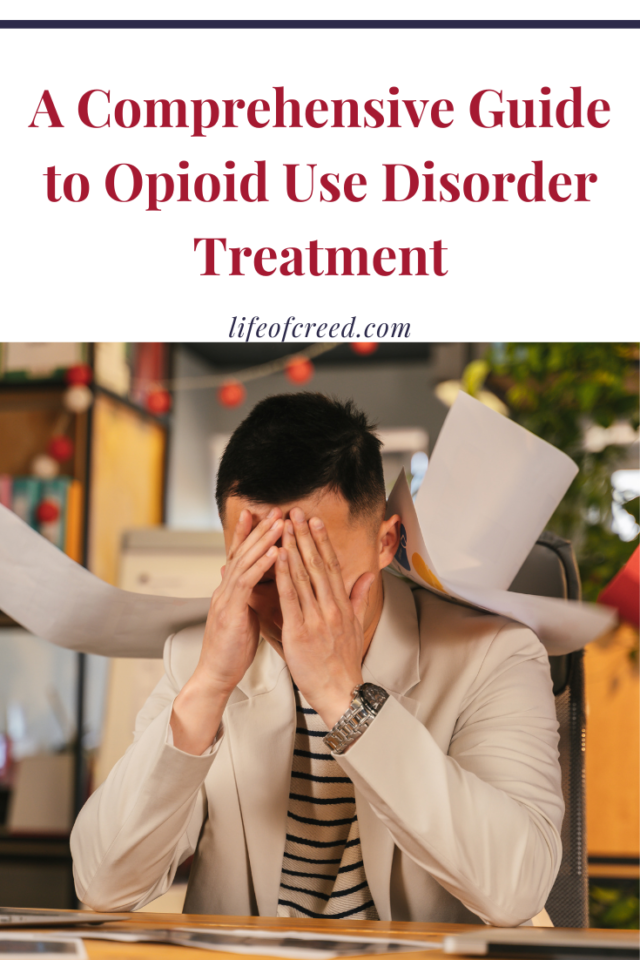
Opioid use disorder is a serious condition that can affect anyone who uses these drugs, either recreationally or as prescribed medication. Opioids are highly addictive and can lead individuals down a path of dependence, making it difficult to stop using even when they want to. Fortunately, there is hope.
Opioid use disorder treatment can offer individuals the guidance, care, and support they need to overcome addiction and lead a fulfilling life in recovery. In this comprehensive guide, we will explore the various treatment options available, as well as the benefits and challenges that come with each.
Disclosure: Some of the links below are affiliate links. This just means that if you choose to make a purchase, I may receive a small commission, at no extra cost to you. Thanks for reading and supporting – any commission made is put towards keeping Life of Creed up and running. Read full the disclosure policy here.
Detox
The first step in treatment for individuals with opioid use disorder is detoxification. Detox is the process of removing drugs from an individual’s system. This can be done with or without medications to manage withdrawal symptoms.
During detox, individuals may experience severe withdrawal symptoms, including nausea, vomiting, chills, anxiety, and diarrhea. These symptoms can be difficult to manage alone, which is why individuals often seek professional help
Medication-Assisted Treatment
MAT can reduce withdrawal symptoms.
Withdrawal symptoms can be one of the biggest barriers to getting and staying clean. They can include everything from nausea and vomiting to anxiety and depression. MAT can help reduce these symptoms and make the detox process much more manageable. Medications like buprenorphine and methadone can help ease the cravings and physical symptoms of opioid withdrawal, while medications like naltrexone can reduce cravings for drugs and alcohol. By making the detox process more tolerable, MAT can help people stick with treatment and avoid relapse.
MAT can improve long-term outcomes.
While MAT has its critics, research shows that it can be an effective way to improve long-term recovery outcomes. A study published in the Journal of the American Medical Association found that patients who received MAT for opioid addiction were less likely to relapse and had lower rates of overdose than those who received non-medication treatments. MAT has also been shown to reduce criminal activity and increase employment rates in people in recovery.
MAT can address co-occurring mental health conditions.
Many people struggling with addiction also have co-occurring mental health conditions like depression, anxiety, or post-traumatic stress disorder. MAT can be an effective way to address these conditions while also treating addiction. Medications like Suboxone have been shown to improve symptoms of depression and anxiety in people with co-occurring opioid addiction and mental health conditions.
MAT can be tailored to individual needs.
One of the key benefits of MAT is that it can be tailored to meet the unique needs of each individual. There are a variety of medications and dosages available, and treatment can be adjusted as needed based on a person’s response. MAT can also be combined with other types of addiction treatment, like therapy, support groups, or holistic therapies, to create a comprehensive treatment plan.
Behavioral Therapies
Behavioral therapies are an essential component of opioid use disorder treatment. These therapies can help individuals address the underlying issues that contribute to their addiction and develop new coping mechanisms to manage addiction-related cravings and triggers.
Examples of behavioral therapies used in opioid use disorder treatment include:
Cognitive-behavioral therapy (CBT)
A short-term, goal-oriented therapy that focuses on helping individuals develop coping strategies to manage addiction-related triggers.
Motivational enhancement therapy (MET)
A therapy designed to increase an individual’s motivation to change their behavior and commit to recovery.
Dialectical behavior therapy (DBT)
A therapy that focuses on teaching individuals skills such as mindfulness, distress tolerance, and emotion regulation to manage addiction-related cravings and emotions.
Withdrawal Management
Withdrawal management is a critical component of opioid use disorder treatment. This process involves managing the physical and psychological symptoms associated with withdrawal to ensure individuals can detox safely and comfortably.
Withdrawal management can occur in both inpatient and outpatient settings, with the goal of helping individuals safely remove opioids from their system and start treatment for their addiction.
Opioid use disorder is a condition that can impact individuals and families across the country. However, with the right treatment, individuals with opioid use disorder can make a full recovery and start living a fulfilling and productive life in recovery.
Opioid use disorder treatment involves a combination of treatments, including detox, medication-assisted treatment, behavioral therapies, and withdrawal management. These treatments can help reduce the risk of overdose, promote abstinence from opioids, and improve social and vocational functioning.
If you or someone you love is struggling with opioid use disorder, do not wait to get help. Contact a qualified addiction treatment provider to explore your options and take the first step toward recovery today.

Written by Hima Gandham
More From This Category

What to do After a Slip and Fall Injury
Slip and fall accidents are among the most prevalent causes of workplace accidents and injuries. This means that even the most safety-conscious individuals should know ahead of time what to do in the aftermath of a slip and fall. With that in mind, here’s everything...

Embracing Modern Wellness Trends for Supreme Relaxation
Modern wellness trends can be transformative when used properly. When you need to relieve the stress of daily life and relax a little bit more, there are some new things you can try. From accessing meditation and mindfulness apps to sound therapy devices, here are...

What to do After a Slip and Fall Injury
Slip and fall accidents are among the most prevalent causes of workplace accidents and injuries. This means that even the most safety-conscious individuals should know ahead of time what to do in the aftermath of a slip and fall. With that in mind, here’s everything...



0 Comments